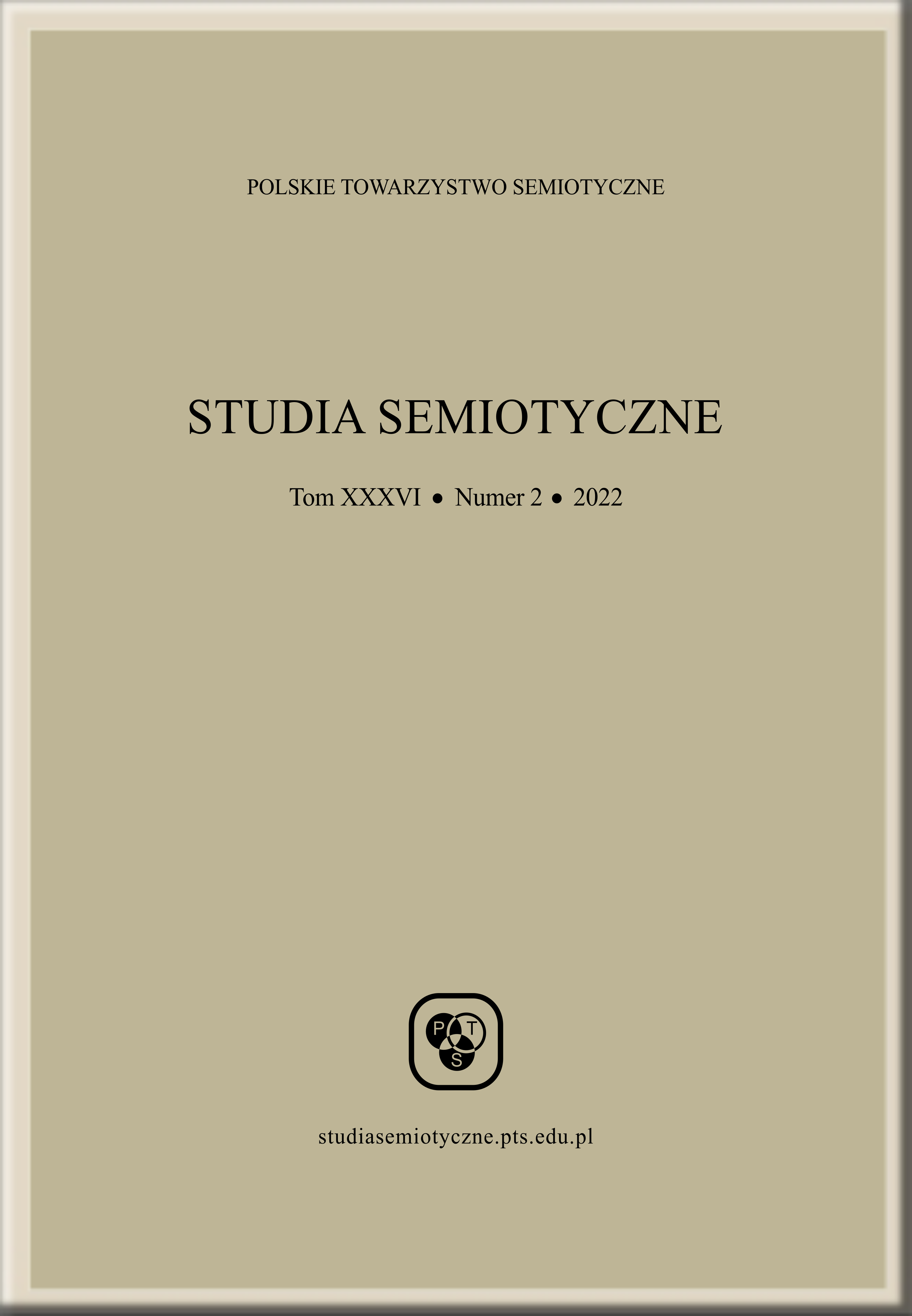INSINUATIONS, INDIRECT SPEECH ACTS, AND DENIABILITY
INSINUATIONS, INDIRECT SPEECH ACTS, AND DENIABILITY
Author(s): Antonio MonacoSubject(s): Semiology
Published by: Polskie Towarzystwo Semiotyczne
Keywords: insinuation; indirect speech act; strategic conversation; deniability; implicature; politeness theory;
Summary/Abstract: Insinuations are indirect speech acts done for various reasons: a speaker S may insinuate P (i) because an insinuation is more polite, and S can save face by non-explicitly saying P (Brown, Levinson, 1987; Searle, 1975), (ii) because S can deny having insinuated P and avoid the responsibility of explicitly stating P, or (iii) because S perceives herself to be in a competitive rather than cooperative conversation, and she wants to pursue her interests strategically (Asher, Lascarides, 2013; Camp, 2018; Lee, Pinker, 2010; Pinker et al., 2008). These views assume that to insinuate P, S must also intend to use the deniability of P for dealing with a possible non-cooperative hearer. I argue that this requirement is too strong and falls short of accounting for cases in which S intentionally performs a deniable indirect speech act, but S has no intention to use that deniability.
Journal: Studia Semiotyczne
- Issue Year: 36/2022
- Issue No: 2
- Page Range: 47-62
- Page Count: 16
- Language: English

